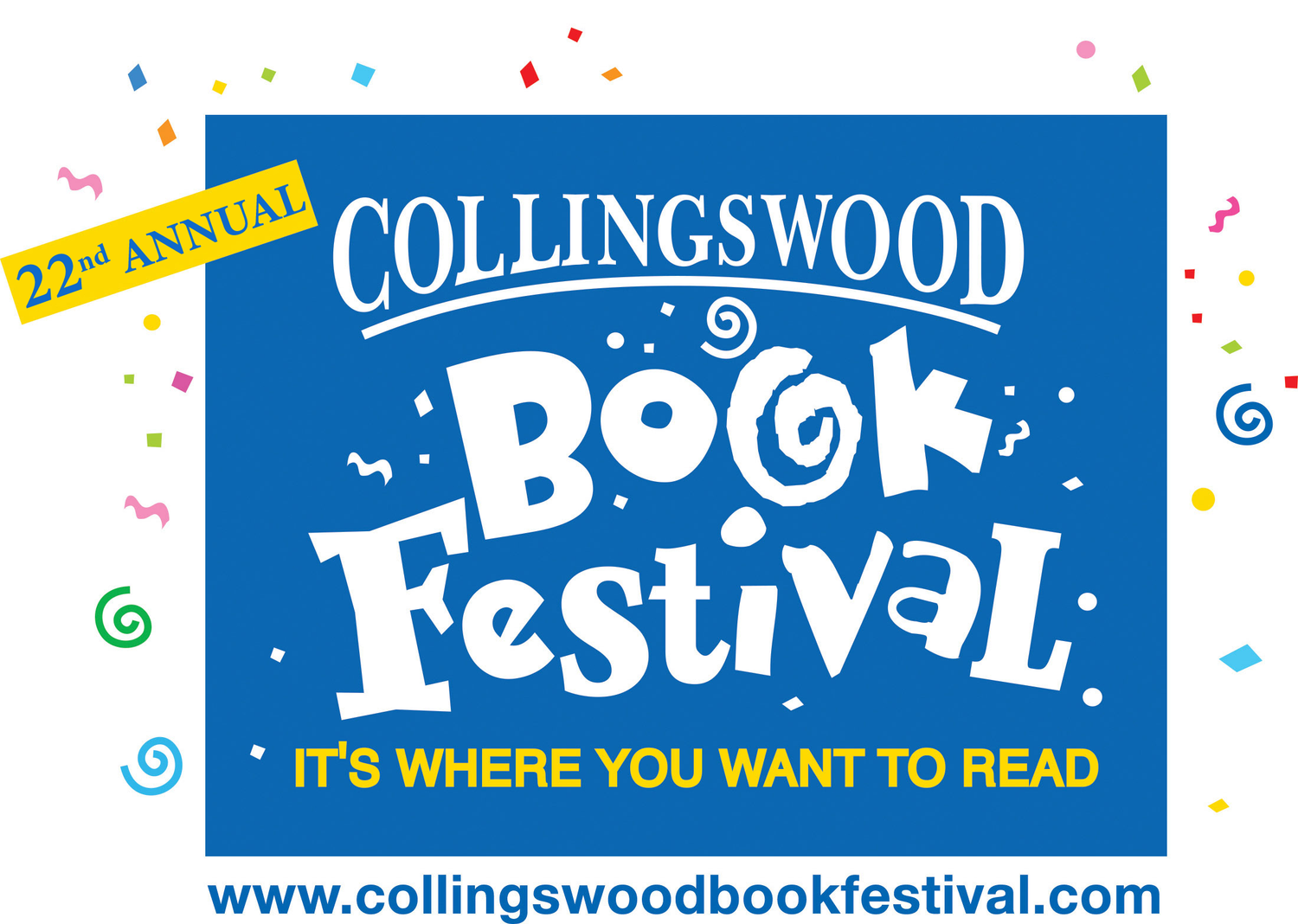Deafness is Not a Monolith: Q&A with Sara Nović, Author of True Biz and the 2023 Collingswood Town Book Author
By David Jastrow
What inspired you to write True Biz, and focus on the challenges and experiences faced by a teacher and her students at a boarding school for the deaf?
True Biz had a few points of inspiration; once while I was living in Ohio, I walked by a school for the deaf and ran into a few of its teenaged students who had very obviously snuck out of the dorms. I chatted with them and felt immediately at home in our conversation through our shared culture and language, even though for the rest of my time in Ohio I often felt out of place away from Philly. The girls were also silly and a little mischievous, which got me thinking, “What do the students at boarding schools get up to after hours?”
At the same time, I read an NBC article about a settlement with a cochlear implant company who had continued to sell defective implants for surgical insertion, even after a whistleblowing engineer at the company had warned about the problem. All manner of terrible side effects, including electrocution, occurred in the deaf people who were harmed by these broken implants, yet it wasn’t a very big news story. My activist self wanted to publicize the story more; my fiction-writer self couldn’t stop imagining what such a thing might feel like. That’s part of where the character of Charlie and the struggle with her CI stemmed from.
How did your own experience as a deaf person and a teacher of Deaf Studies influence your portrayal of the deaf characters and culture in your novel?
On the surface, my personal experiences probably align a lot with Charlie’s, as someone who grew up in the mainstream and felt isolated (and maybe spent a little too much time at the Electric Factory as a teenager). But deafness isn’t a monolith—there are a wide range of ways to experience deafness and move through the world as a deaf person, so I knew I wanted to show different examples of deaf life in the book beyond just my own scope. I am lucky to have the support of the deaf community who opened up to me in interviews about their own time in different kinds of deaf education and mainstream settings, which allowed me more insight into others’ lived experiences as I wrote. And of course, since this is a novel, I could ground my characters in research and still create a brand-new fictional world, which is really the fun of writing.
How do you balance writing fiction and nonfiction, as well as teaching and editing? What are some of the challenges and rewards of being a multi-genre writer?
It kind of feels like I am figuring this out anew each day! There are periods where my focus is more on one than the other, but in general, I like being able to switch genres, not only because different genres do starkly different things, but also because moving between them gives me a way to take a “break” from a project while continuing to work. Also, when I’m writing short nonfiction, like an essay or magazine article, it’s nice to get the dopamine hit of having finished something, since I’m a notoriously slow fiction writer. True Biz took about seven years.
What are you looking forward to most about being a featured author at the Collingswood Book Festival? Have you attended or participated in this festival before?
As with most events, I really enjoy meeting readers and hearing their takes on the book and the ways they relate to the characters. I also love getting new book recommendations myself. I’ve never been to the book festival before, but I’m a big fan of Ida’s!
How do you feel about the theme of this year’s festival, “We’re with the Banned”, which celebrates the censored word and the freedom to read? Have you ever faced any censorship or controversy for your writing?
The authoritarian attempted control of information in this country right now is very scary. I’m glad so many people are drawing attention to this problem, and I hope that we can continue to remind everyone of the importance of off-year and hyper local elections in determining these kind of policies (vote for school board!)
I haven’t experienced any censorship (yet), but I’ve had my fair share of hate mail, mainly from parents of deaf children who’ve chosen an oral-only approach to education for their deaf child and are angry that I write about the pitfalls of this approach, and the importance of bilingualism. It’s always fascinating to me how much rage people are willing to unleash on a fiction writer noticing a problem rather than the problem itself, but I guess that means my work is evoking emotion in readers, which I consider a good thing.
As for deaf children, I’d love to take a moment to say the binary offered to parents by our healthcare and education systems is a false one, and it’s unfair that the information is being so wrongly presented in this way, just like Charlie’s family experiences in the novel. Actual science shows us that even deaf children using assistive hearing technology have better language acquisition outcomes when they have access to both ASL and English, which makes sense, because the cognitive benefits of bilingualism for all humans are also well-documented. Monolingualism isn’t a flex! Deaf children can, and in fact deserve, to have both languages.
Sara Nović is participating in a Town Book Discussion on Wednesday, October 4, 7:00 p.m at the Collingswood Public Library, 771 Haddon Avenue, Collingswood, NJ.
Ms. Nović also will be appearing at the Collingswood Book Festival on Saturday, October 7, 3:00 pm at the Main Stage in a session moderated by Laura McGrath. ASL interpretation will be provided.

